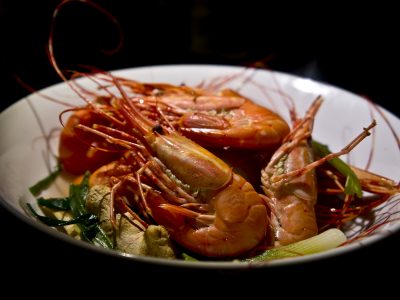Shifting seasonal cycles: Rebecca Asch completes fellowship
In spring, as the plant buds push up through the ground and the days get warmer and longer, the baby salmon fry hatch out of their eggs and start swimming and feeding. At this time, their food – phytoplankton – should also bloom. But due to climate change-induced warming, the fry of many fishes, such as salmon, are coming out earlier or later, as are the phytoplankton blooms, which can cause a mismatch between when the food is available and when the fry need it.






